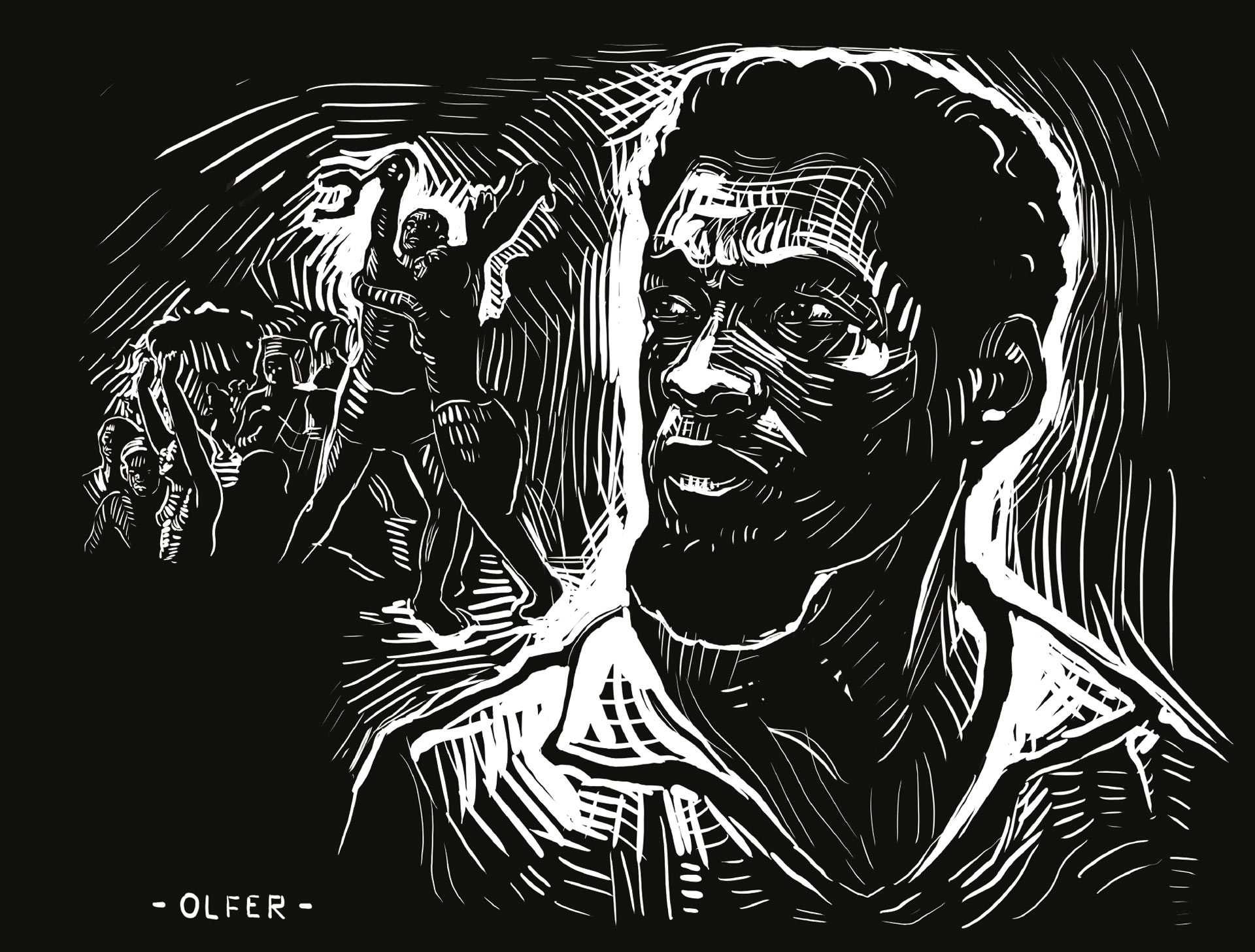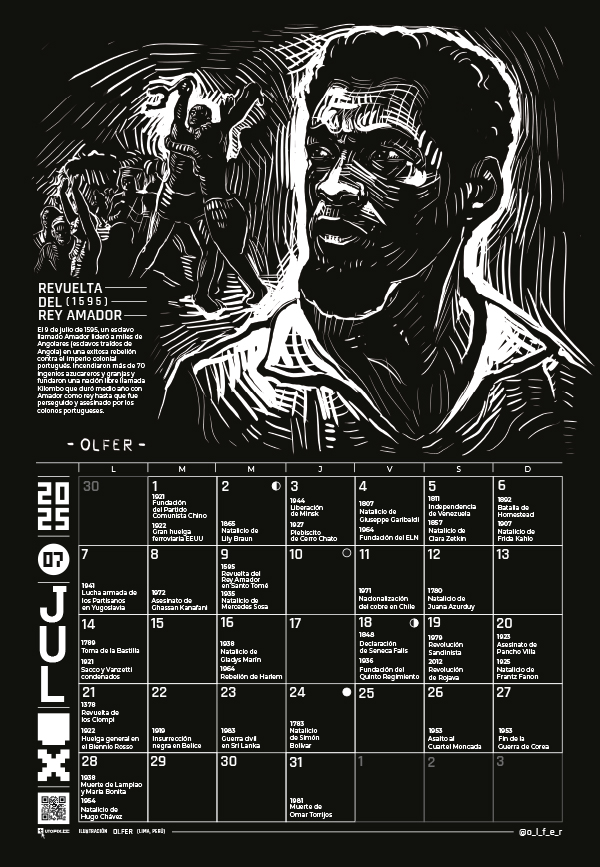ESP – ENG

History is filled with men and women who heroically and fiercely resisted European colonization in America and Africa. These are the true heroes—not the colonizers, as the often Eurocentric narrative tends to portray—who truly shaped future African and American nations.
A prominent example of this anti-colonial resistance legacy is Amador Vieira, whose heroic rebellion of 1595 is commemorated today 430 years later. His tale of struggle, like all acts of resistance, has endured thanks to the living memory of the people.
In 1493, the Portuguese established a colony on the island of São Tomé, located on the west coast of Central Africa, transforming it into a sugar plantation, maintained through forced slave labor, and a crucial transit point for the lucrative Portuguese slave trade.
During this period, there were various acts of resistance, such as the insurrection of 1571, which preceded the massive revolt of July 9, 1595. This rebellion was led by Amador, along with approximately five thousand enslaved men, roughly half of the island’s enslaved population.
In just three weeks, Amador and his troops managed to destroy so many sugar plantations and mills that the industry never recovered. They faced the Portuguese in three battles and emerged victorious. Afterwards, they retreated inland and formed macambos—communities of free slaves similar to cumbes in Venezuela and quilombos in Brazil.
In these macambos, free men and women, self-named “Angolares,” organized new ways of life and continued the fight against the colonizers.
Amador was proclaimed King Amador, leader of the first independent national entity in São Tomé, known as the “Kingdom of the Angolares.” Together with his followers, he governed the island until 1596, when he was captured and executed by the Portuguese.
Although it is said that his capture was the result of treachery, the narrative constructed by the colonizers has always been full of falsehoods and stigmatizations towards the populations they oppressed through violence. Amador was persecuted and murdered—just like all those who dared to resist oppression—because his bravery terrorized the colonizer. And that, without a doubt, is the unquestionable truth.
Today, São Tomé celebrates every January 4th the Day of the National Hero of São Tomé and Príncipe, in memory of the death of King Amador. His anti-colonial legacy continues to inspire the people of this small African island, which became a symbol of resistance to oppression and achieved independence on July 12, 1975.

Click here to download the printable version of the calendar and hang it on your wall.
Text: Andreína Chávez. Illustration: OLFER.